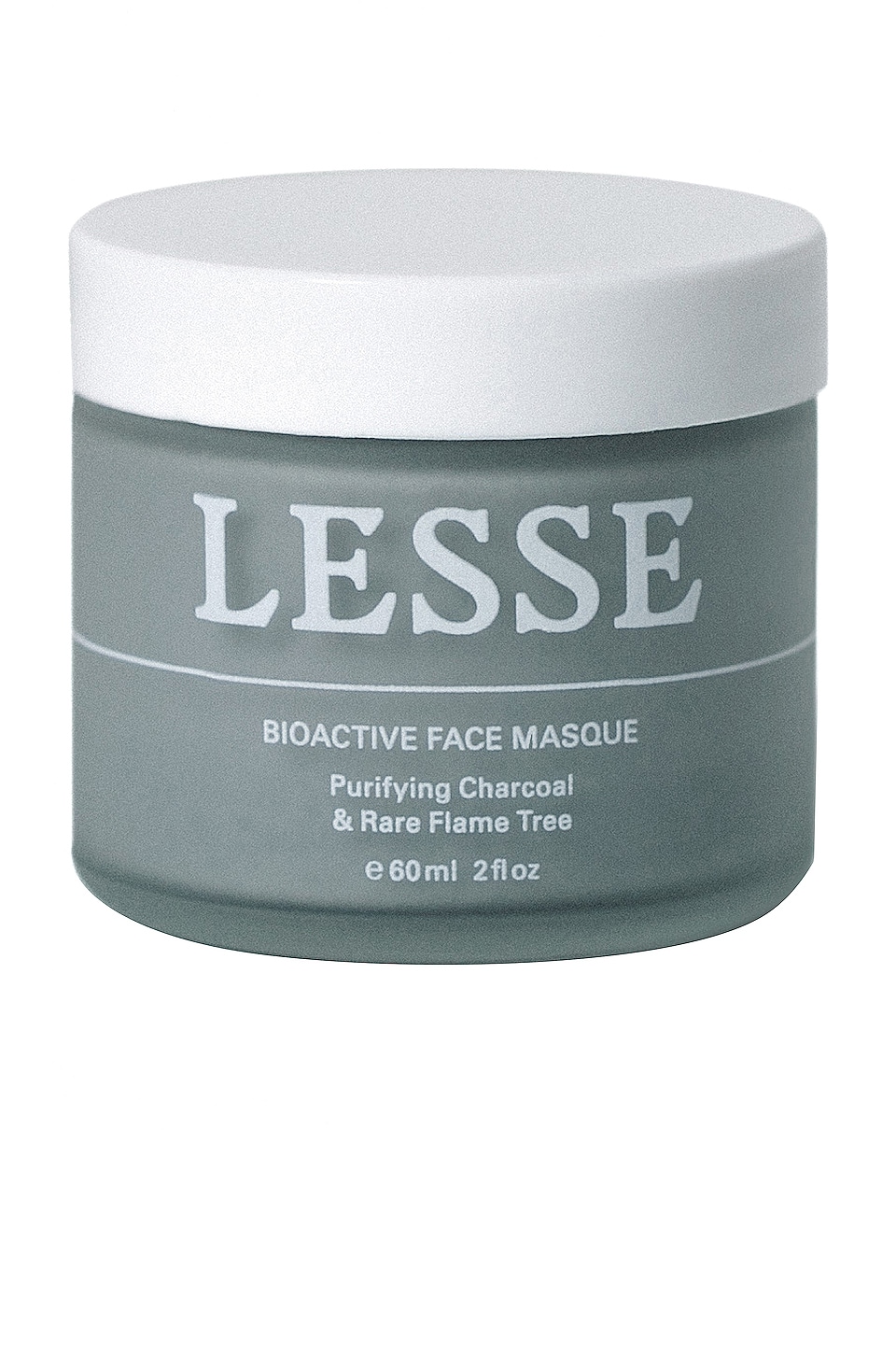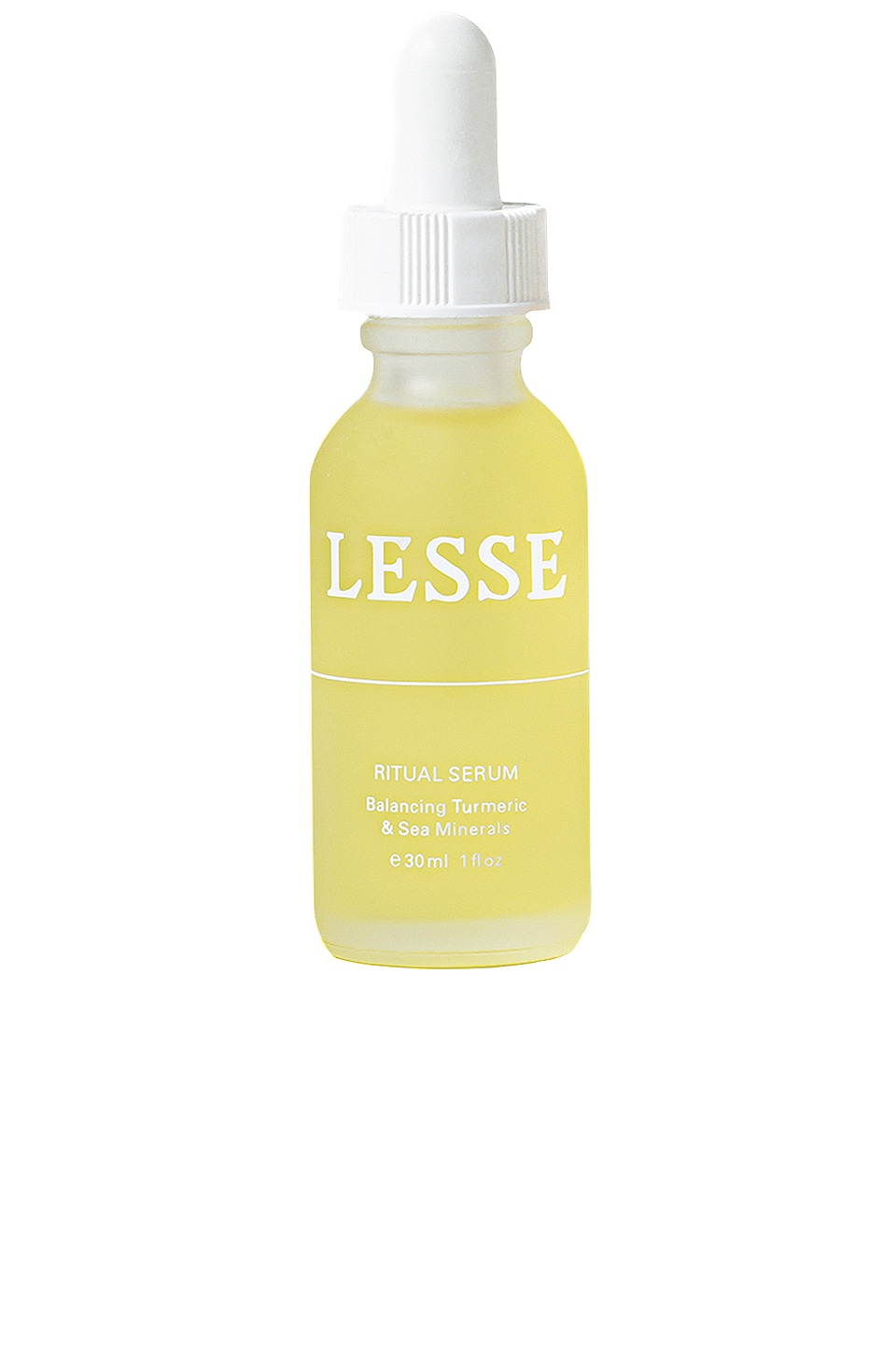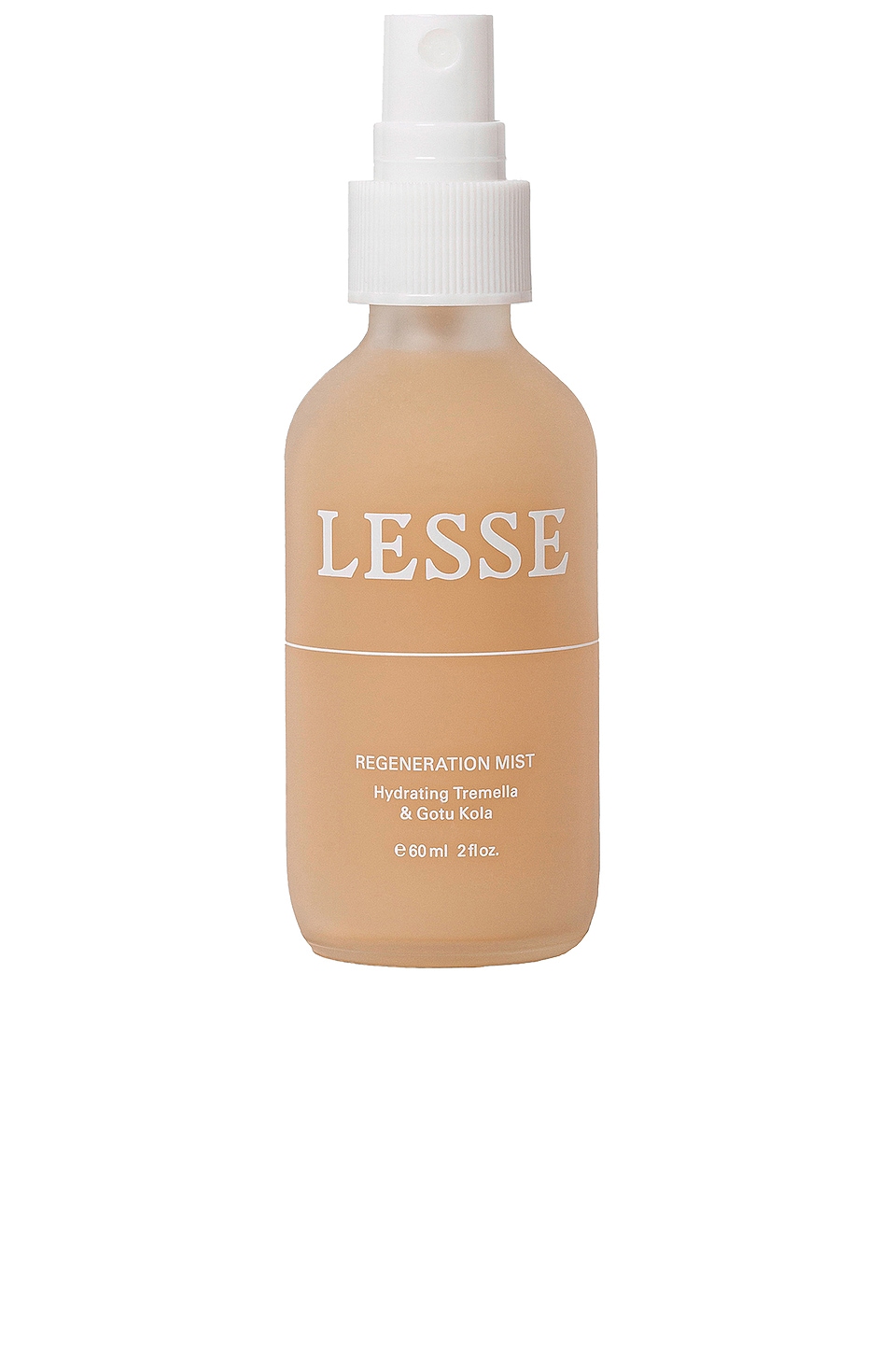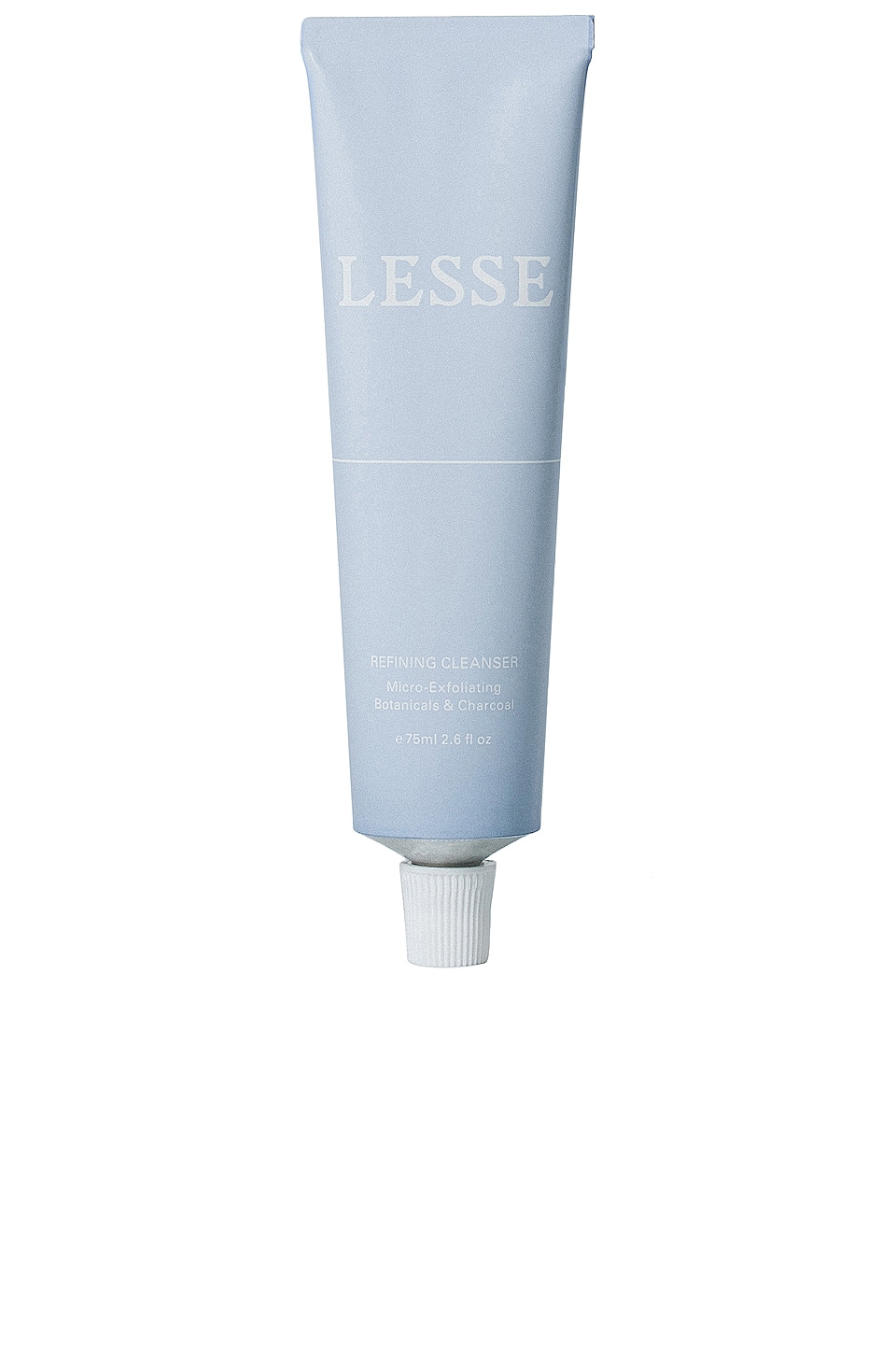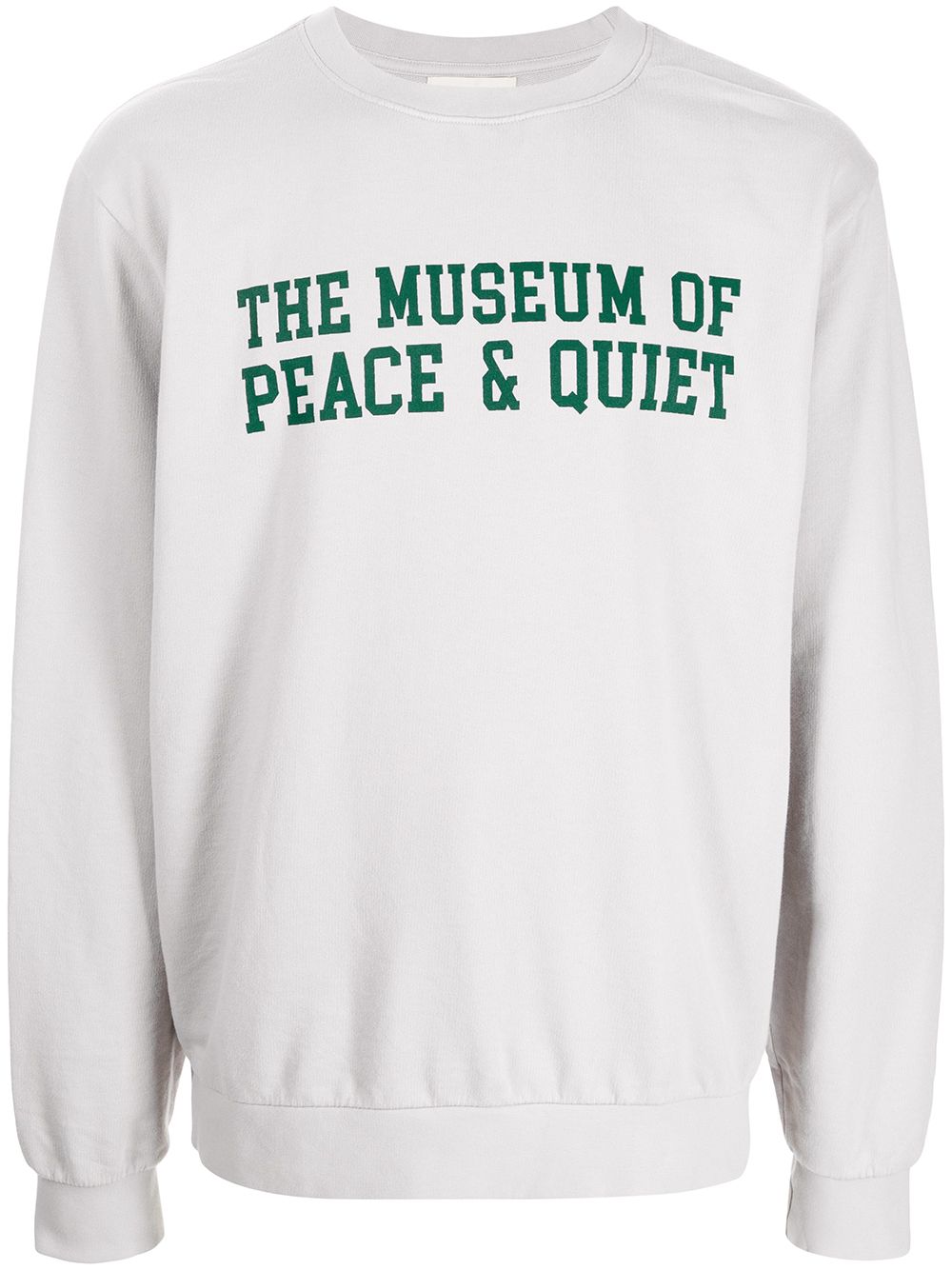3 Filipino American Creators on What the Fashion and Beauty Industries Need
Filipino Americans comprise 18% of the Asian population in the United States, with over 4.2 million Filipino Americans living in America. Despite that, there's little representation in the media and in terms of education. A large part of my learning about Asian Americans has been through creators I follow who choose to share aspects of their culture with their audience. October is Filipino American History Month, and while I think it's great that media outlets take the time to highlight creators and brands during these times, I think it's equally as important to include minorities in the conversation year-round. That's the only way we'll ever truly be inclusive.
While the fashion industry prides itself on being one of the more inclusive fields, it's no secret that there is still a long way to go. Here at Who What Wear, we're always covering what's new in fashion and beauty, and with that comes reaching out to the trendsetters in the industry. I'm not only looking toward creators who show their influence in the sartorial world but also at those who use their ability to inspire others elsewhere.
Jordan Risa, a content creator and consultant I interviewed below, describes the reasoning best. "I think it's necessary for us all to use our platforms because we're multifaceted—or should be," Risa. "We should be able to care about causes around us, if not more, as we care about the new It bag. We often share what we're wearing, what face wash we're using, or what new restaurants we're dining at, and I think we're just as able to share what causes we feel passionate about, what we're reading, or what we care about." And if you still don't think you can talk about both, you should take a look at the creators below.
Below, I spoke to three Filipino American creators who you've probably already seen on your Instagram feed (and if you haven't, you should hit that follow button) and asked them everything—from how they got into the industry to the changes they want to see being made in the industry moving forward.
Jordan Risa
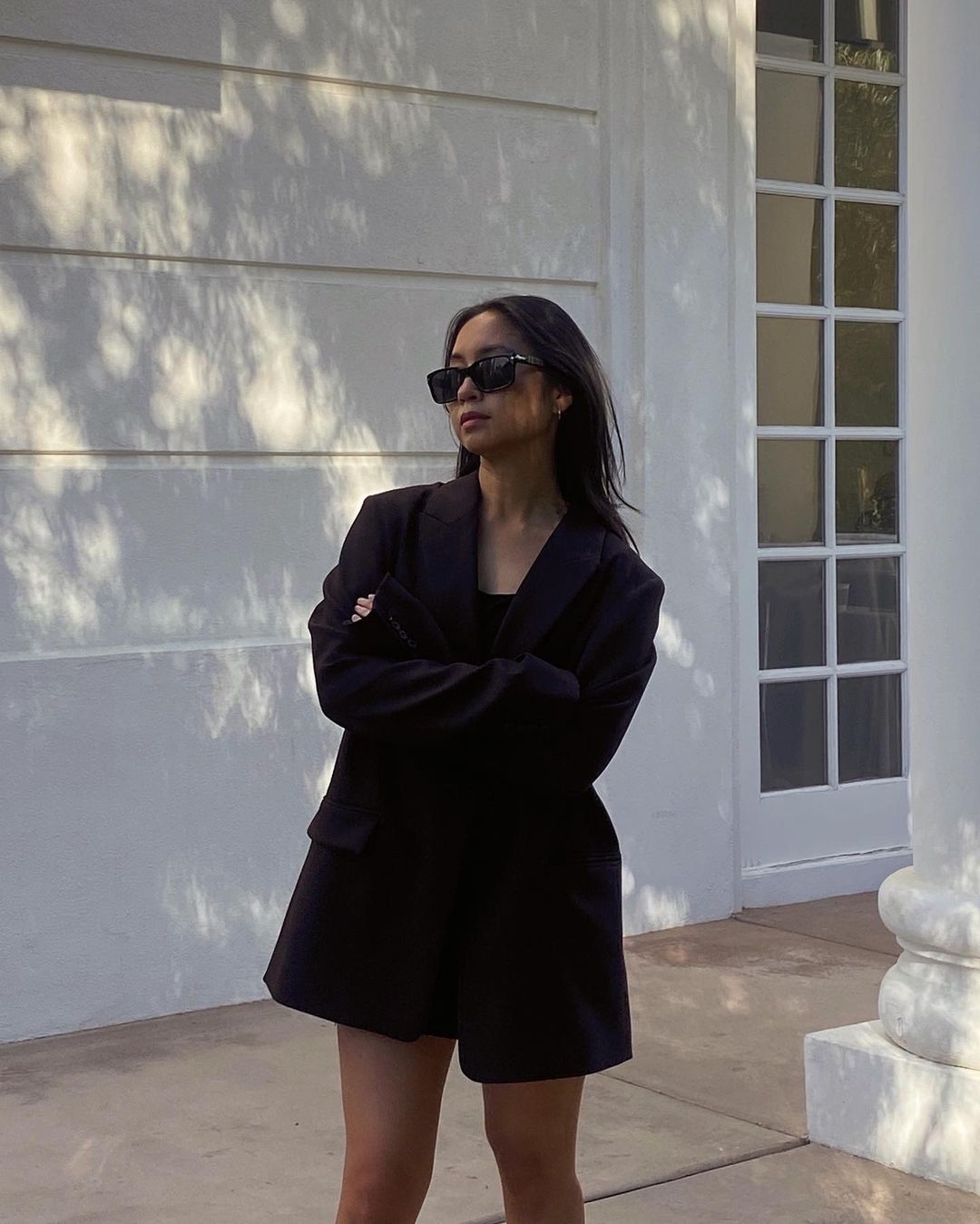
How did you get into the fashion industry?
I always wanted to work in fashion since I was young and got my taste of it in college when I did a few internships for fashion PR agencies in New York and L.A. When I was studying in school, social media wasn't something you can major in—it was just beginning—so I studied public relations and thought I would eventually go into fashion PR.
After graduation, though, I ended up getting a job for an influencer marketing agency when sponsored posts and gifting were just taking off with creators on Instagram. From there, I began managing social media accounts for various brands and businesses. Since then, I've specialized in beauty and fashion, while my personal Instagram grew a following and became more fashion-focused as well.
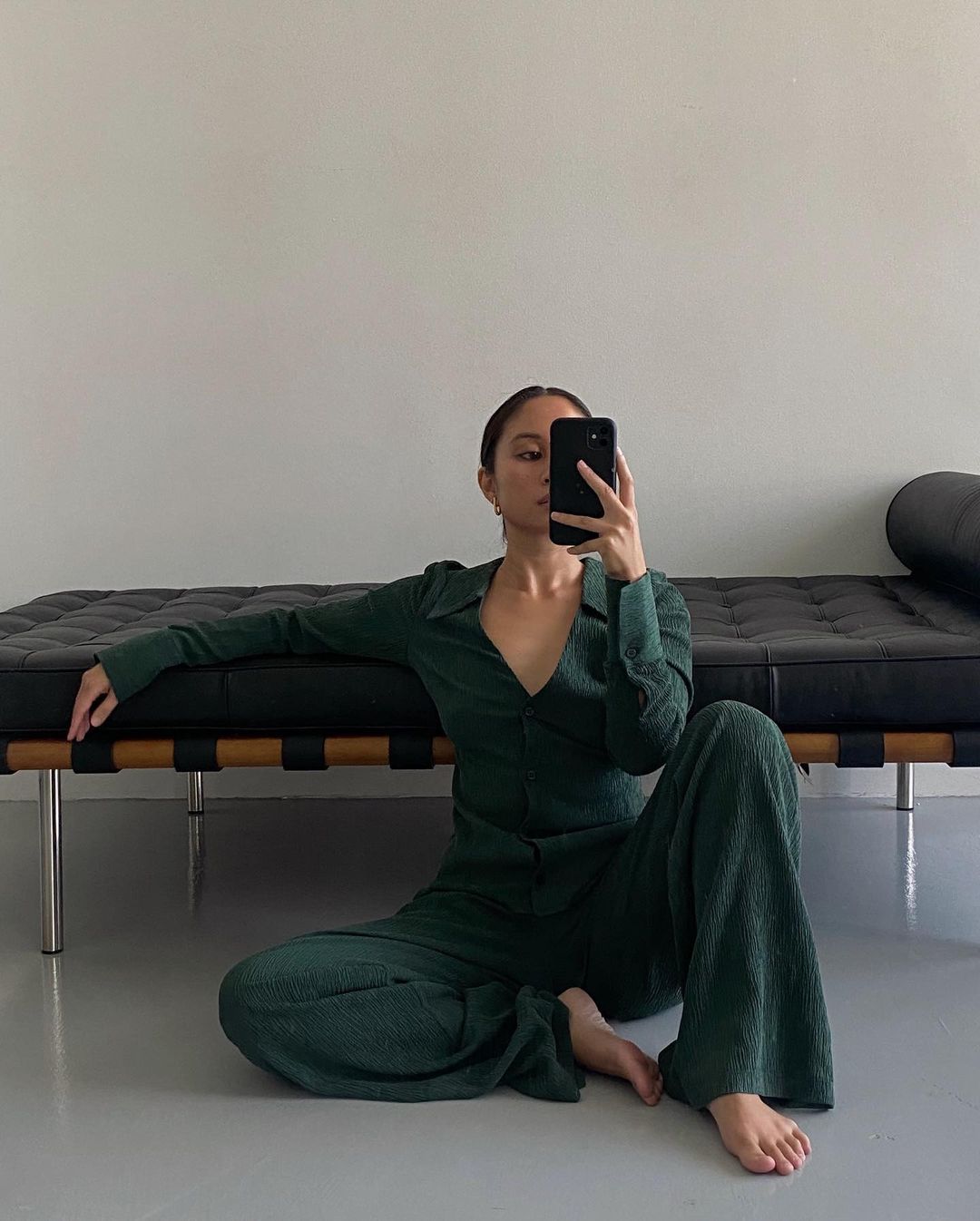
Fashion has a long-standing history of being exclusive rather than inclusive. What ways do you think allies in the fashion industry show up for the Filipino American community?
While many brands think they are being inclusive by only now featuring often excluded minorities in their imagery and advertising, I think true inclusion would be making sure that the people from these communities are making the decisions at the top as well. It's not enough for Filipino Americans to be seen in the media (which frankly isn't as common as I think it should be) but also heard when fashion companies are making big decisions.
When you envision the future of the fashion (or even beauty) industry, what does it look like? What does a more inclusive industry mean to you?
True representation and inclusivity would be underrepresented people not just being shown in campaigns for optics but also making important decisions within the company. There are so many layers of what it means to be inclusive—it's not enough to think about various skin tones or ethnic backgrounds, but also age, body size, sexuality, disability visibility, religion, facial features, etc. We have such a long way to go.
What role has your identity played in informing your personal style?
To be honest, for a long time, I chased trends and thought being well-dressed meant wearing a different outfit every day or for every occasion. I was ashamed of being Filipino, of being Asian, because for so long, I thought it was the ideal to be white. In some ways, I think I overcompensated with the amount of clothes and accessories I'd buy to stand out, to be seen.
In my 20s, I began embracing what makes me, me (outside of material things), and that included my culture and background. As I've become more confident in who I was on the inside, I didn't try as hard on what was on the outside. I began wearing less makeup and dressing in ways I felt comfortable and myself [in]. Pieces that would last years versus trendy pieces I'd only wear once.
This isn't to say that wearing lots of makeup or dressing according to trends is a reflection of everyone's self-esteem; not that at all. But for me, personally, I've felt more myself in years paring back.
My friend and fellow Filipina Neada Deters explained having a simplified personal style well: "I like to simplify the process of getting dressed, and that doesn't mean it's not expressive because you're finding new ways to interpret the same pieces; it means you're very clear on what you feel good in and the silhouettes that reflect what you want to present to the world. I really love an edit of pieces that I wear frequently and for a long time, minimizing how much we produce and how much we need."
Does your heritage play a role in your creative process? Where do you draw inspiration from when it comes to being a fashion creator?
I would say it definitely plays a role in the creative community I build and who I collaborate with. Filipino culture is all about family and, in general, community and making sure to take care of one another. I've seen this openness and wanting to see people in my community—regardless of background—create alongside me and succeed. For example, my good friend @adrianmartinn is such a talented photographer. He's also Filipino and like a cousin to me at this point. He's my go-to photographer that I suggest because I trust him, love his point of view, and enjoy working with him. In general, I always try to look for opportunities for the people I love and trust because there is so much opportunity to go around, and I want to be an advocate for those who may not always get their foot in that door, specifically people of color. For so long, we consumed a homogenous point of view, and it's really exciting now to see different perspectives.
As someone prominent on social media, do you feel it's necessary to use your platform to speak up? Do you find yourself sometimes having to educate your followers on your background? If so, how does that feel?
I think it's necessary to use social media to speak up, no matter how big or small one's platform is. Everyone has a platform, an audience. If you have one follower, 10 followers, or 100,000 followers, you have someone you can reach.
I think it's necessary for us all to use our platforms because we're multifaceted—or should be. We should be able to care about causes around us, if not more, as we care about the new It bag. We often share what we're wearing, what face wash we're using, or what new restaurants we're dining at, and I think we're just as able to share what causes we feel passionate about, what we're reading, or what we care about.
I don't feel the need to explain to followers on my background. It's not an option for me to have a platform and not use it in a way that I think will have a positive impact. I didn't aspire to have followers, so I'm not worried about losing them when I talk about something I care about. I think it's a shame that society has encouraged us to care more about numbers than people.
What obligations, if at all, do you feel fashion creators have to use their platforms to support and uplift marginalized communities?
I do feel fashion creators should use their platforms to support and uplift marginalized communities. I feel this way about all creators and those with even the smallest following, too. I think it needs to be done in a genuine way, though, and not to get praise or avoid criticism, but because they actually care. I would rather see plainly who in the industry has values I support or align with mine and be able to spot who doesn't.
Are there any Filipino American businesses or creators that you like to support? Are there any Asian American brands you'd like to share with WWW readers?
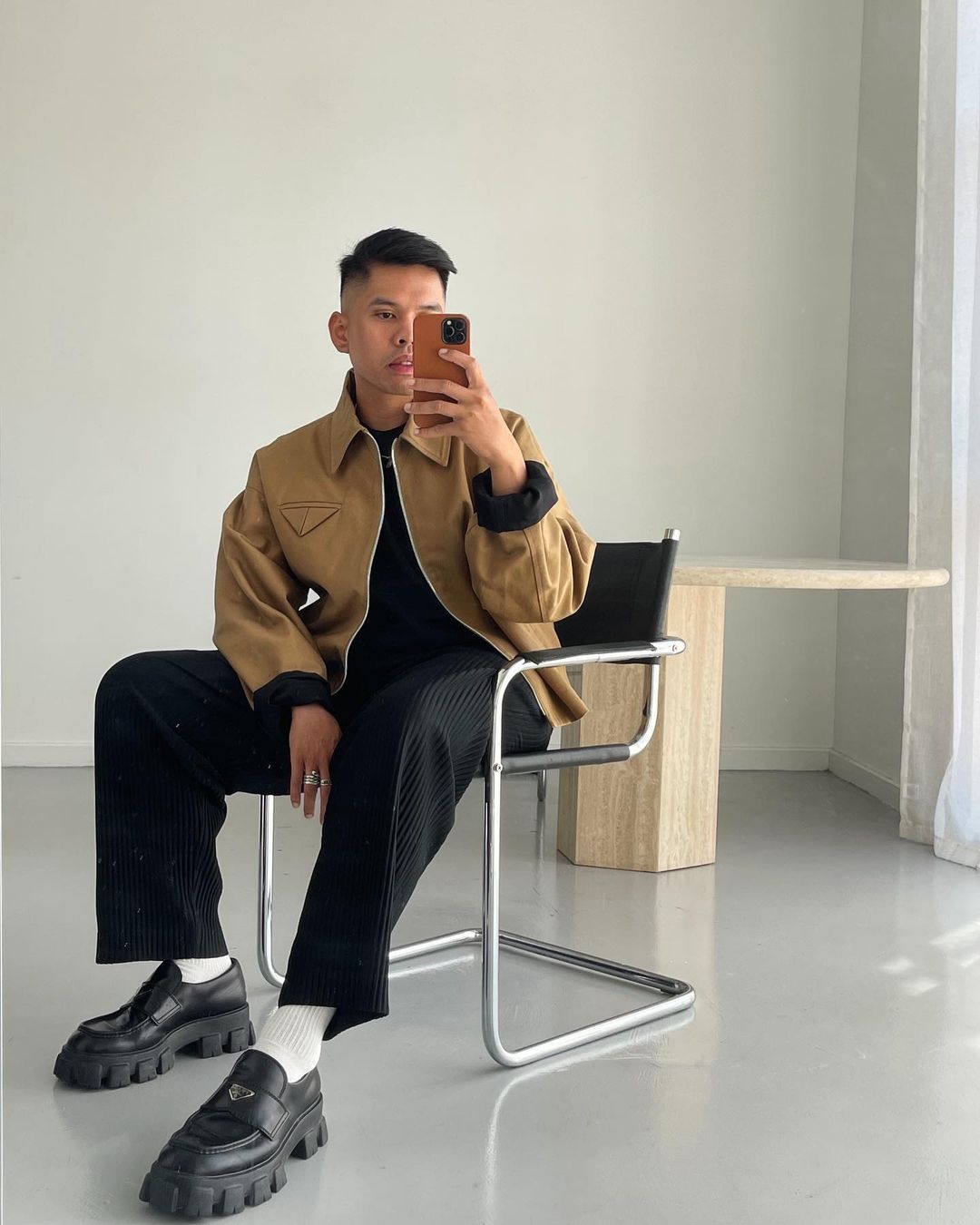
A talented and humble photographer who also has great style.
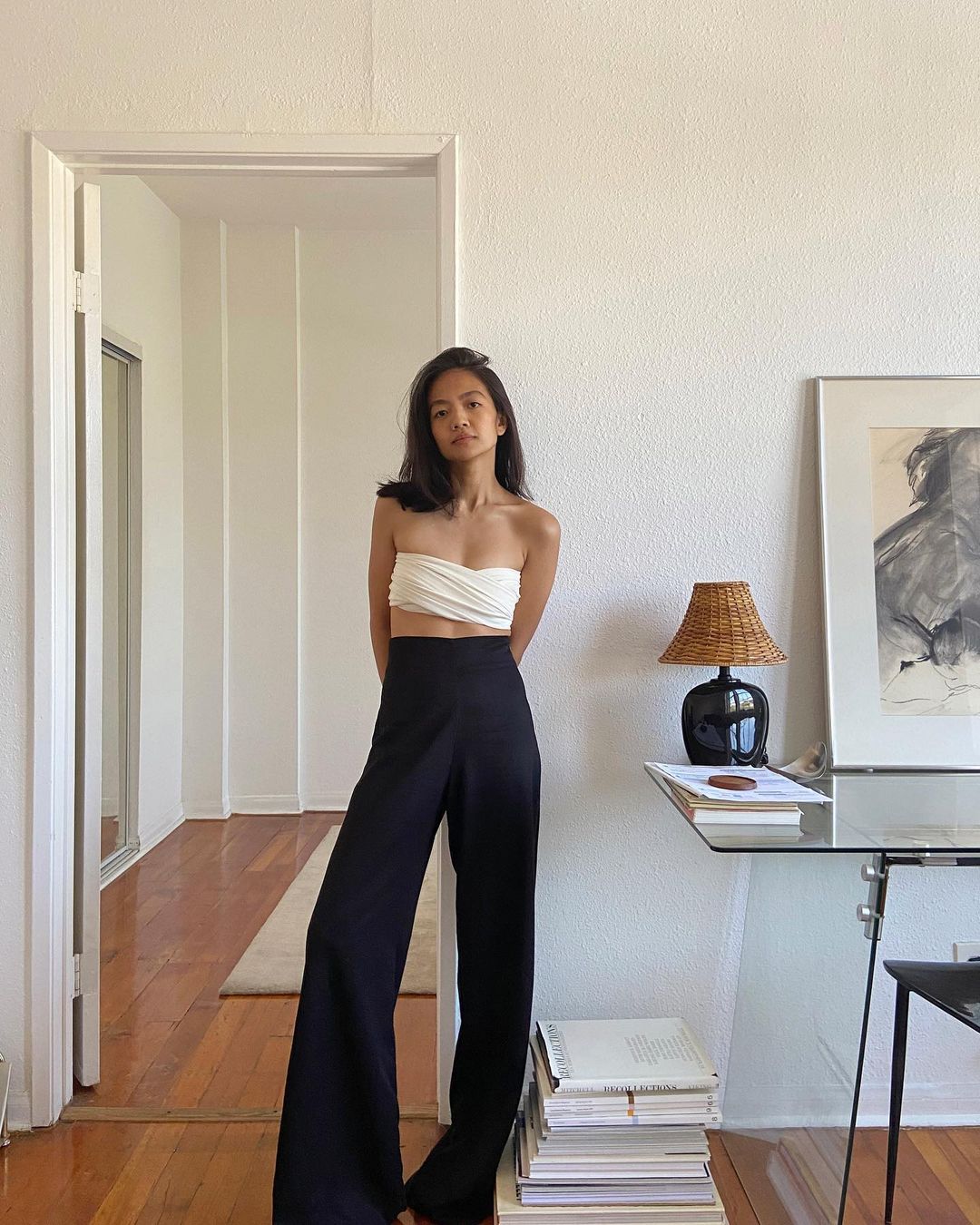
A stylist who speaks so well about sustainability and consuming less.
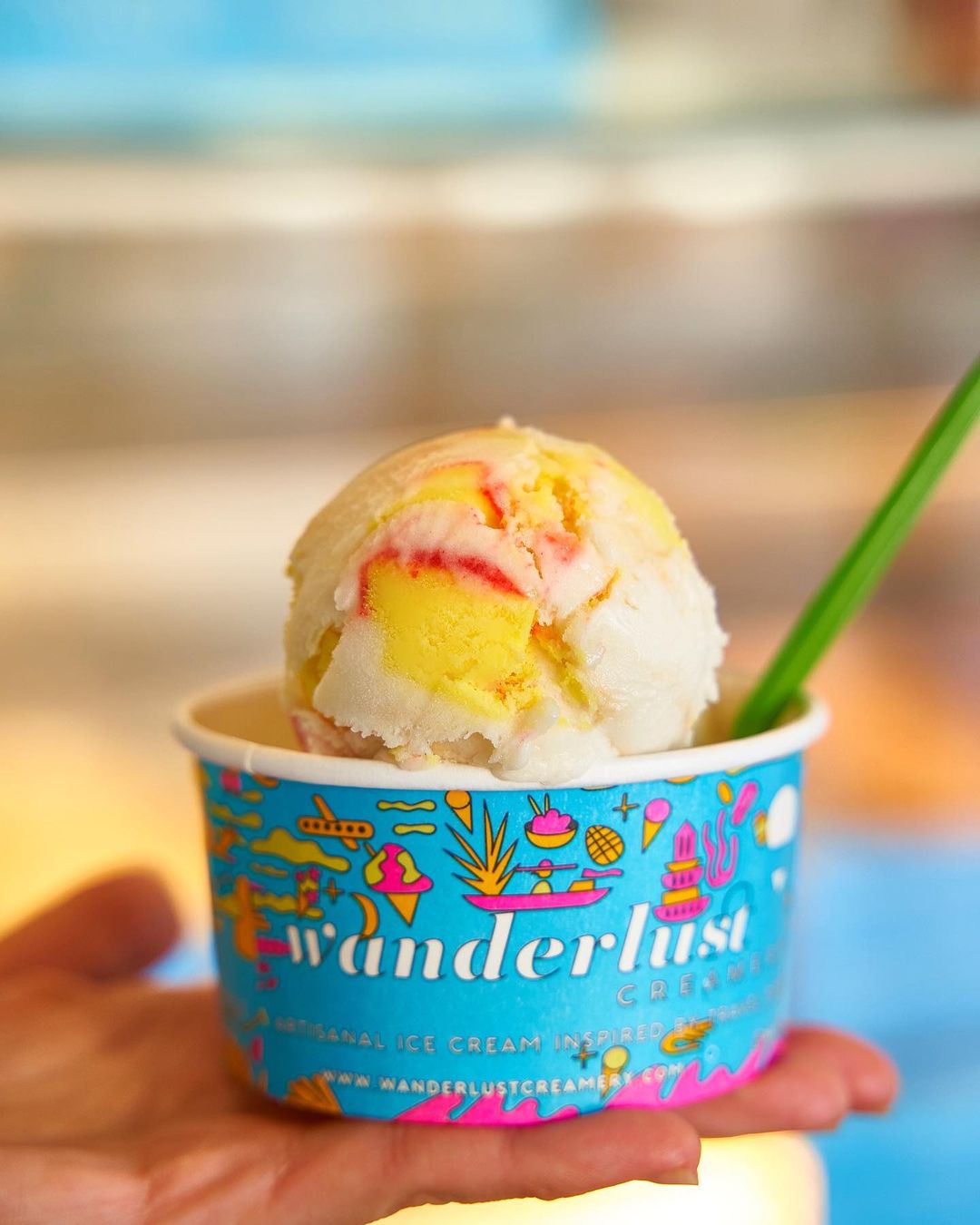
The best ice cream in Los Angeles that offers flavors that feel like home to me.
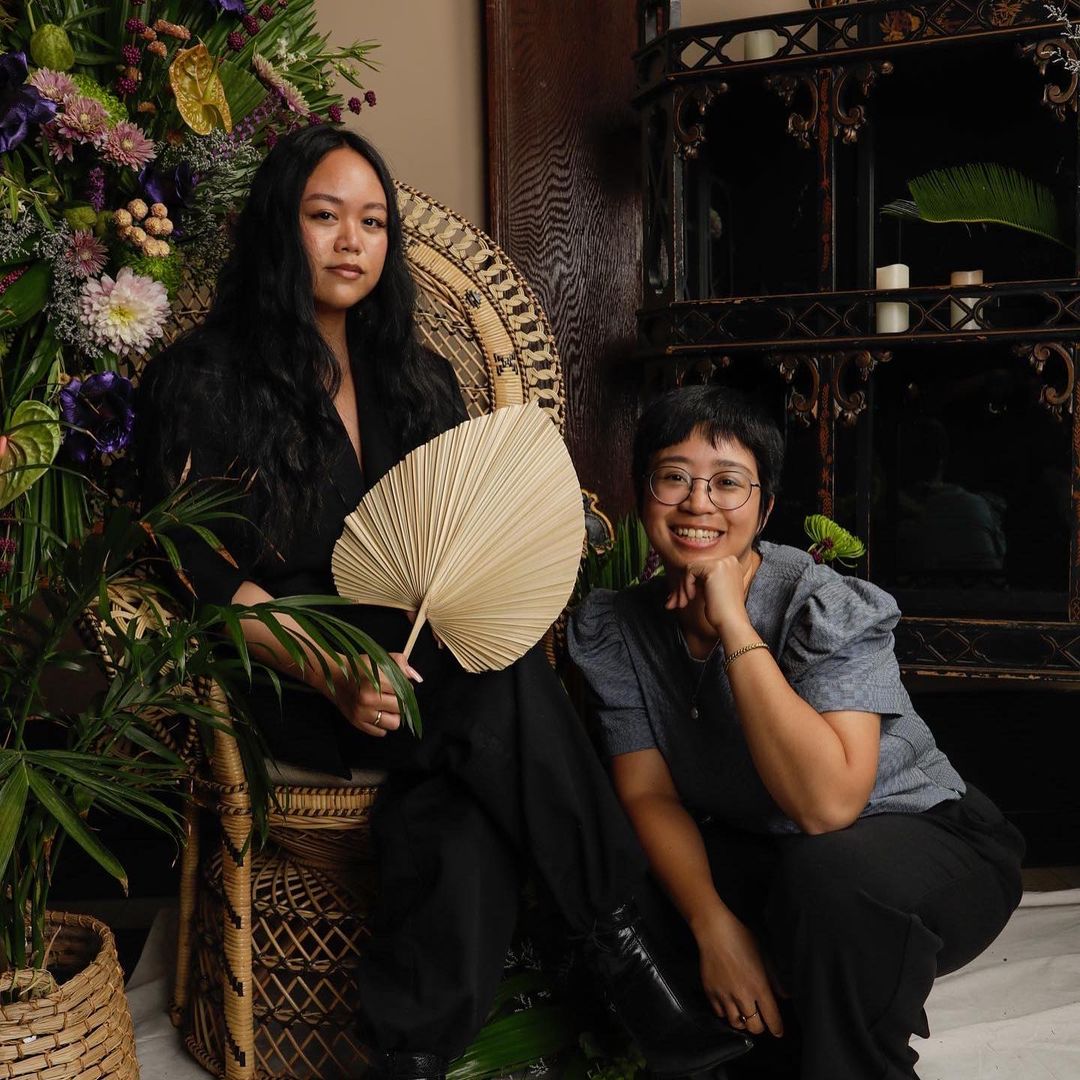
A creative studio rooted in community and celebrating Filipino culture.
Lesse
Neada Deters
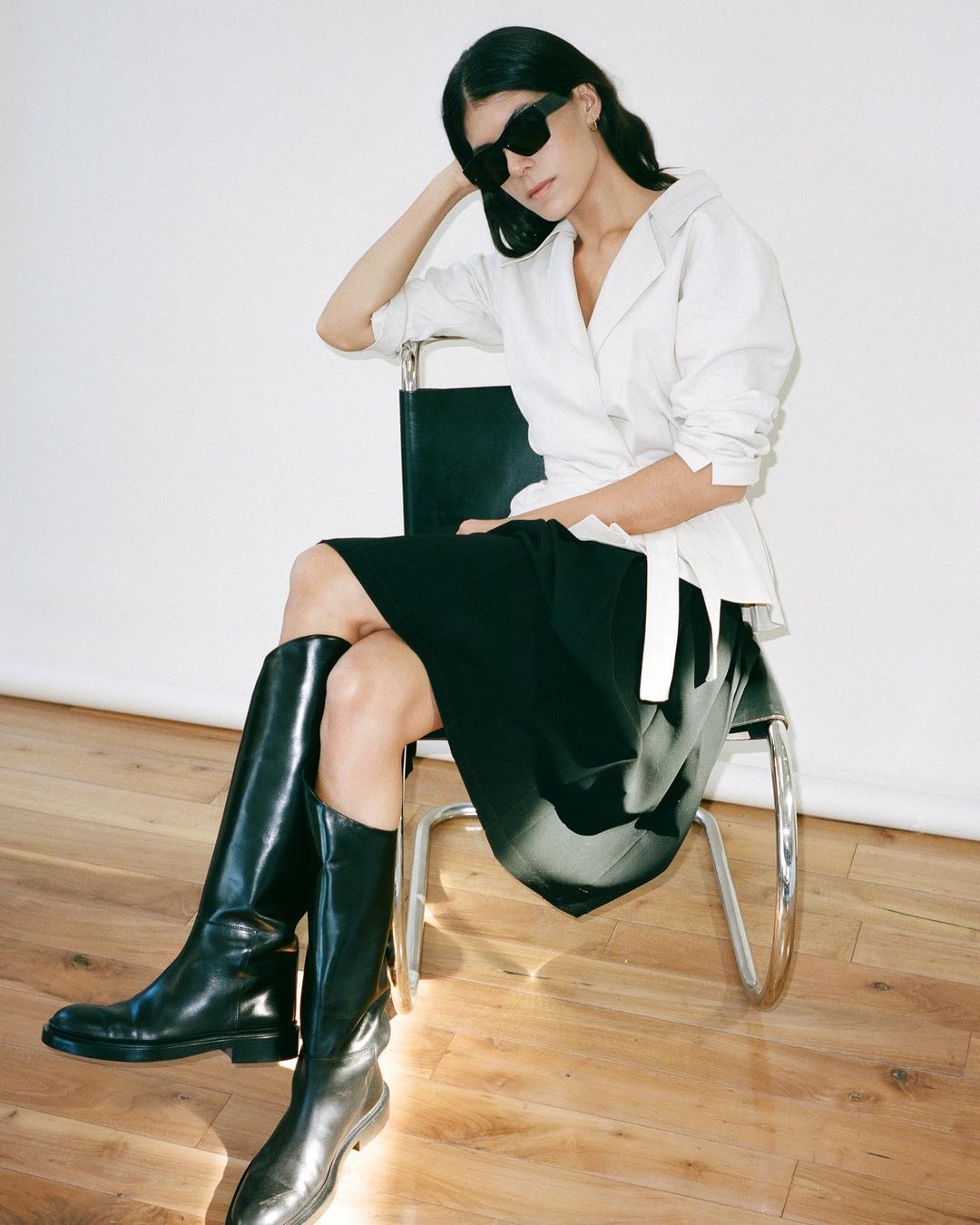
How did you get into the beauty industry?
I worked as an editor covering a variety of topics, but somehow I was drawn to the beauty features. Specifically stories on skincare and representation within the industry. It became my job to interview beauty experts from around the world, dive deep into the causes and potential antidotes of common skin concerns, test every product on the market, and try every new beauty craze. I learned so much from this experience, but what stuck with me was a belief that there needed to be change within the industry. I recognized a need for skin care to take a more inclusive shape and to provide solutions that are gentler on the planet. That was what drove me to launch Lesse.
Beauty and fashion have a long-standing history of being exclusive rather than inclusive. What ways do you think allies in both spaces can show up for the Filipino American community?
Take time to educate yourself on Filipino history and culture and the impact of U.S. colonization of the Philippines, or our customs or even cuisine—despite the inextricable historical link between the countries and cultures.
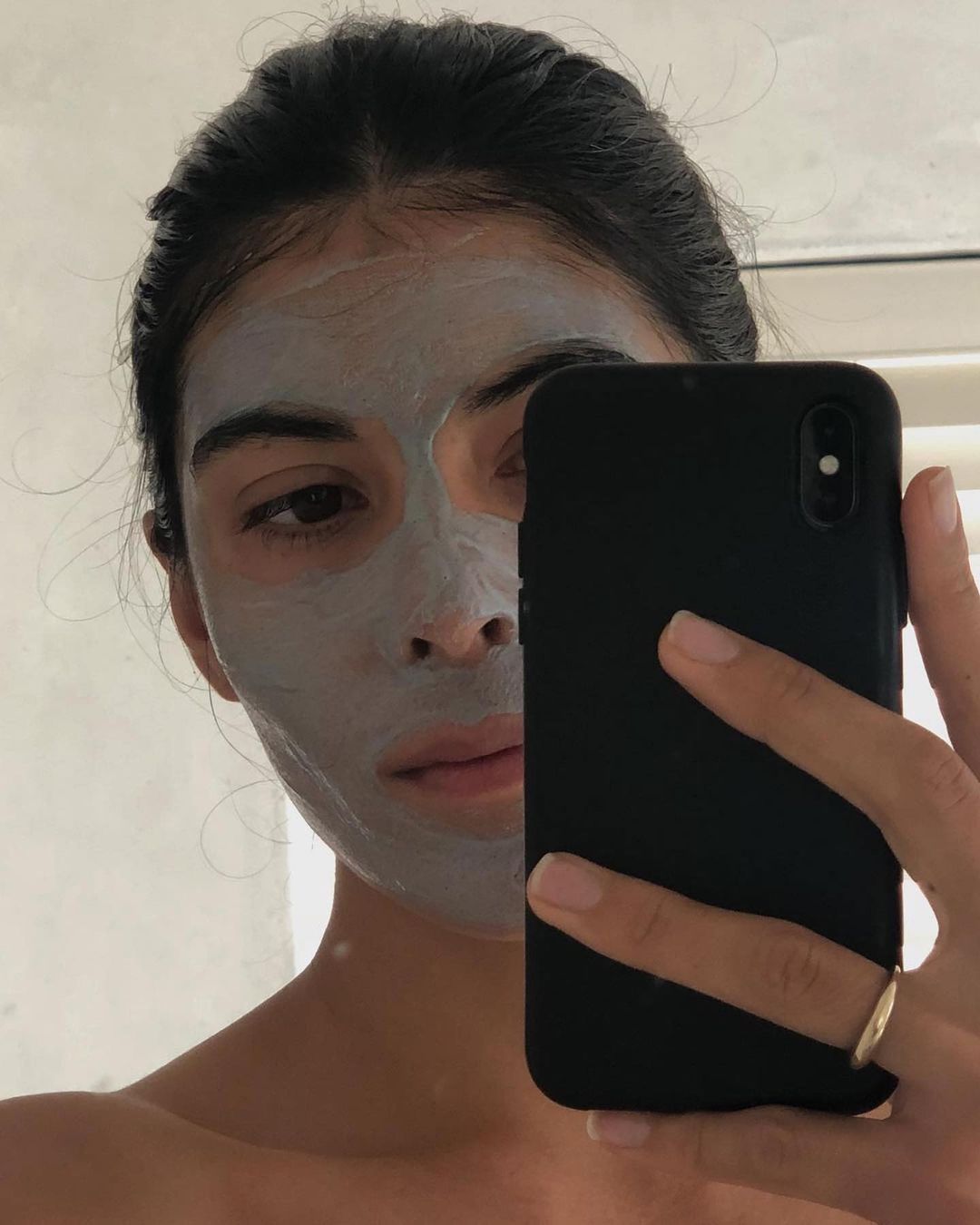
What role has your identity played in informing your beauty philosophy? Where did you draw inspiration from when it came to founding your brand?
My whole understanding of beauty was shaped by my grandmother. We are incredibly close, and she has taught me so many meaningful lessons throughout my life, but perhaps the most powerful one is simply to be proud of who you are and where you come from. When it comes to products, she was the one who showed me less is more.
As someone with a brand, do you feel it's necessary to use your platform (and the brand's platform) to speak up? Do you find yourself sometimes having to educate your followers or possible customers on your background? If so, how does that feel?
If you ask my parents, they'll tell you I have always spoken up. But yes, I believe that having a brand provides a unique opportunity to reach a wider audience and that it's imperative we, as founders, use that to highlight issues that deserve our attention.
When we spoke out against Asian hate, I thought it was important to provide context to our messaging because it was definitely more personal in tone than other issues we have raised awareness for. I have experienced and witnessed my family members experience violent and verbal racism and countless microaggressions. It was incredibly difficult to pull together what I wanted to say.
Shop her brand:
What do you hope to achieve from your platform or your work?
I want to change the way we think about beauty. Who it is for, how it can be created, the significance it has in our lives. Our understanding of beauty plays a huge role in our understanding of ourselves, and I hope we can shift our perception to view all infinite modes of beauty as equal.
Are there any Filipino American businesses or creators that you like to support? Are there any Asian American brands you'd like to share with WWW readers?
Creatives I adore and who are all friends include Jordan Santos, Olivia Lopez, Patricia Lagmay, Puno Dostres, and Taylor Villanueva. Someone who I follow and who is sharing the beauty of Filipino culture through our cuisine, is the New York–based chef Woldy Reyes. As far as brands, a couple of my favorites are Museum of Peace & Quiet and Sanzo flavored water. I truly love anything calamansi flavored.
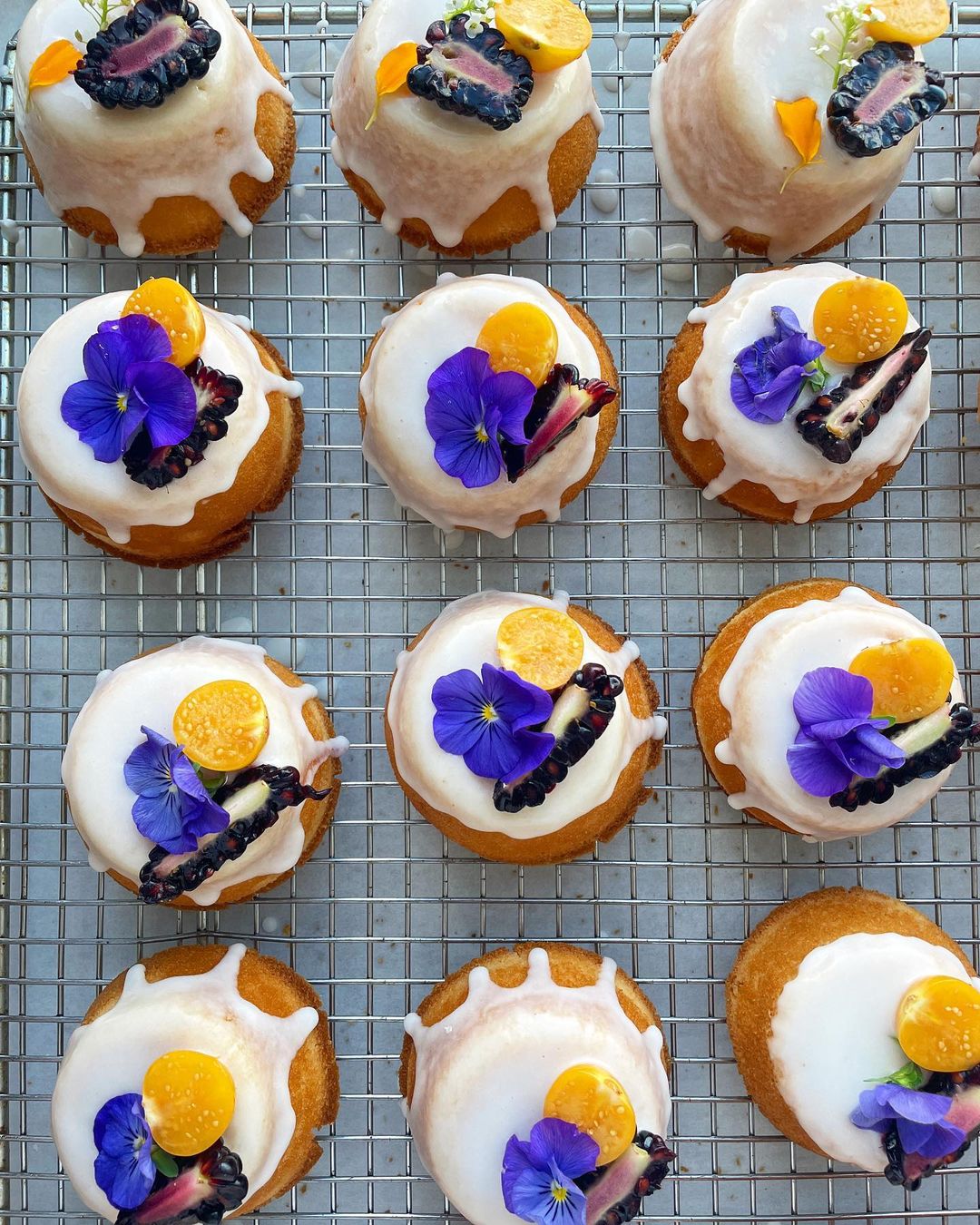
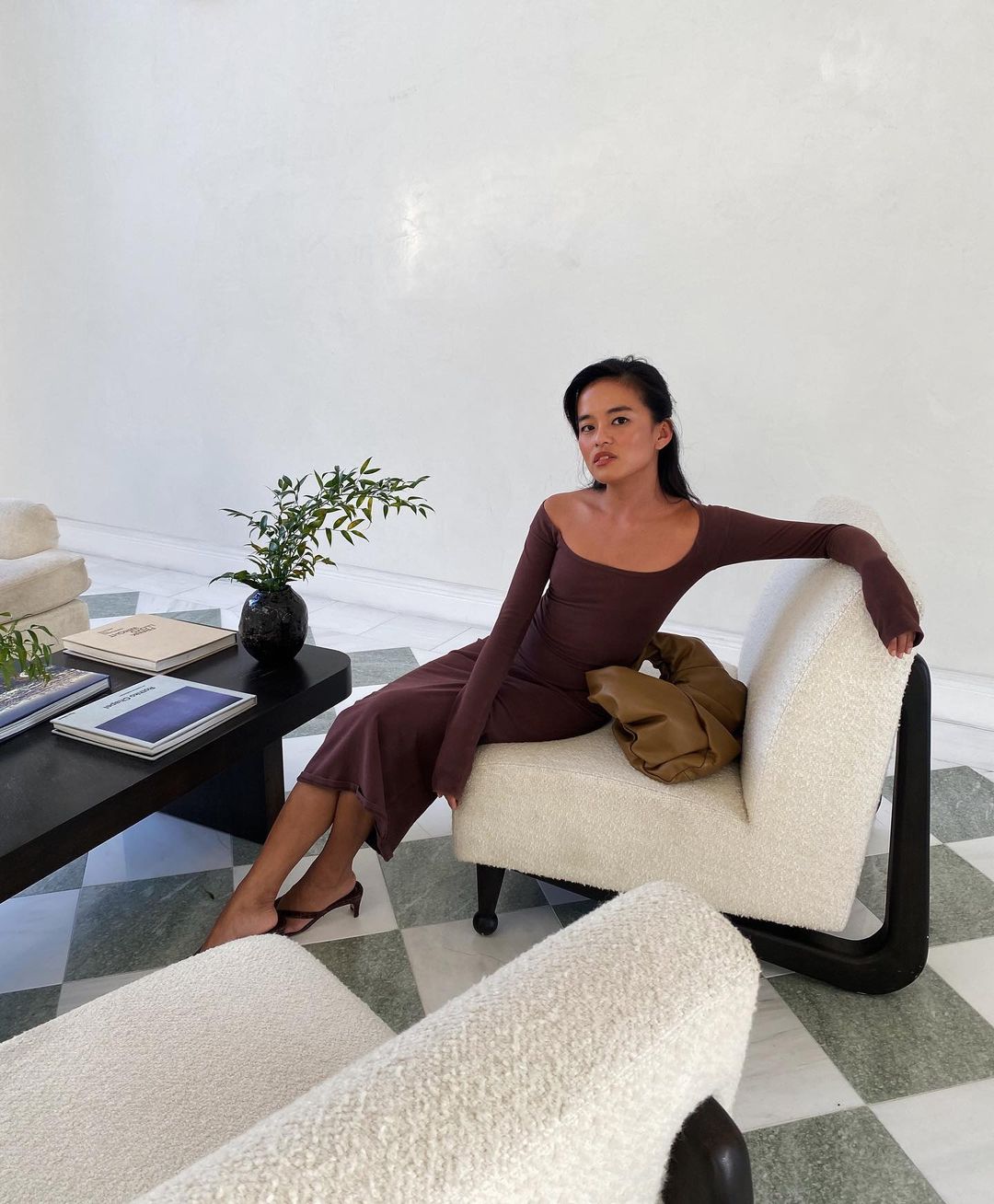
Museum of Peace & Quiet
Asia Jackson
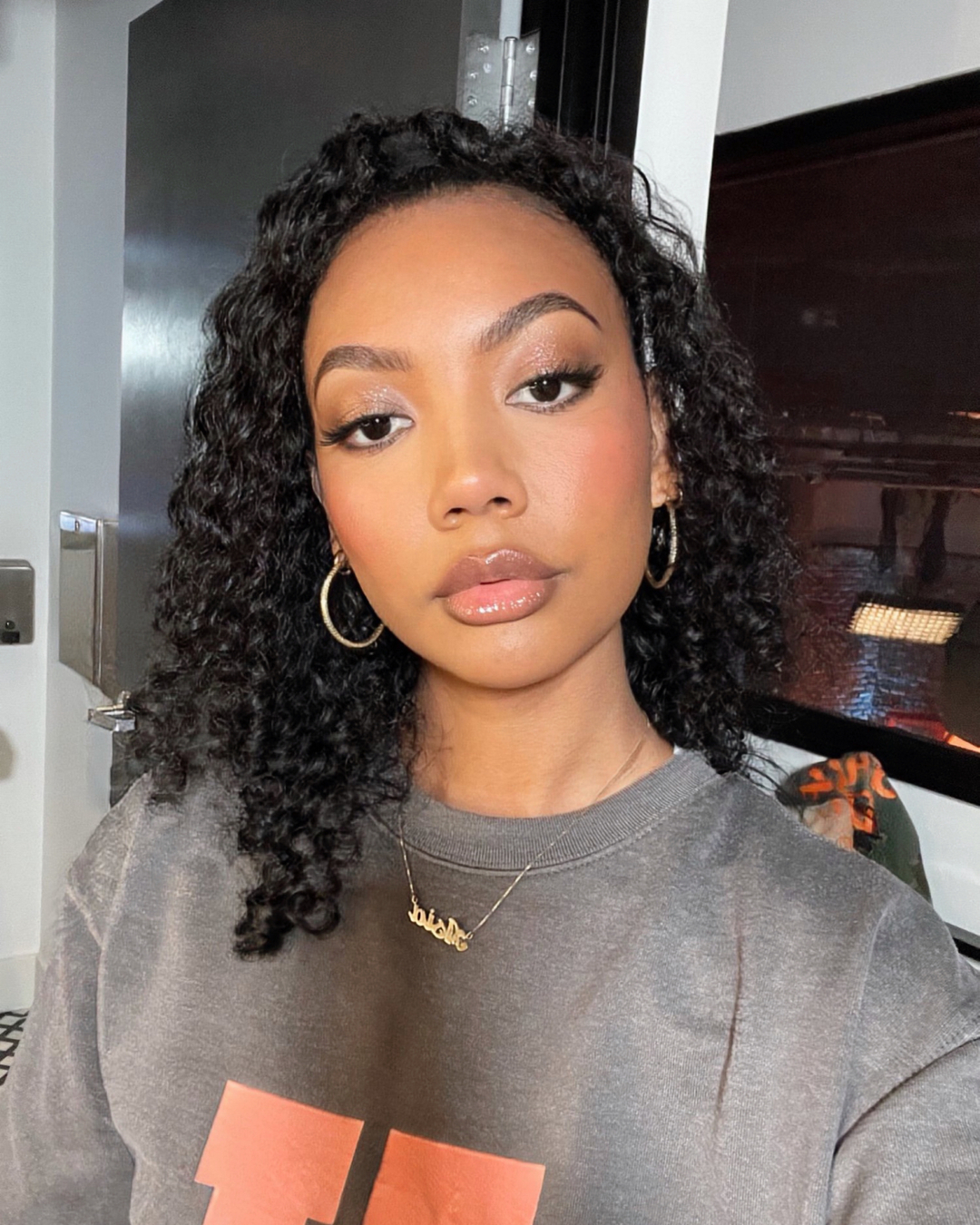
How did you get into the fashion industry?
It's not something that I planned for, that's for sure. I was originally going to college for computer information systems but dropped out to become an actor and content creator. From there, I created a YouTube channel and started creating videos about fashion. I've always been interested in fashion—not only in the aesthetics and artistic aspect of it but also from the sociopolitical aspect of it. Fashion is so political, despite what others may say. I've always been interested in how fashion intersects with culture, class, and race. So I try to infuse that into all the fashion content that I create. Fashion deserves those nuances.
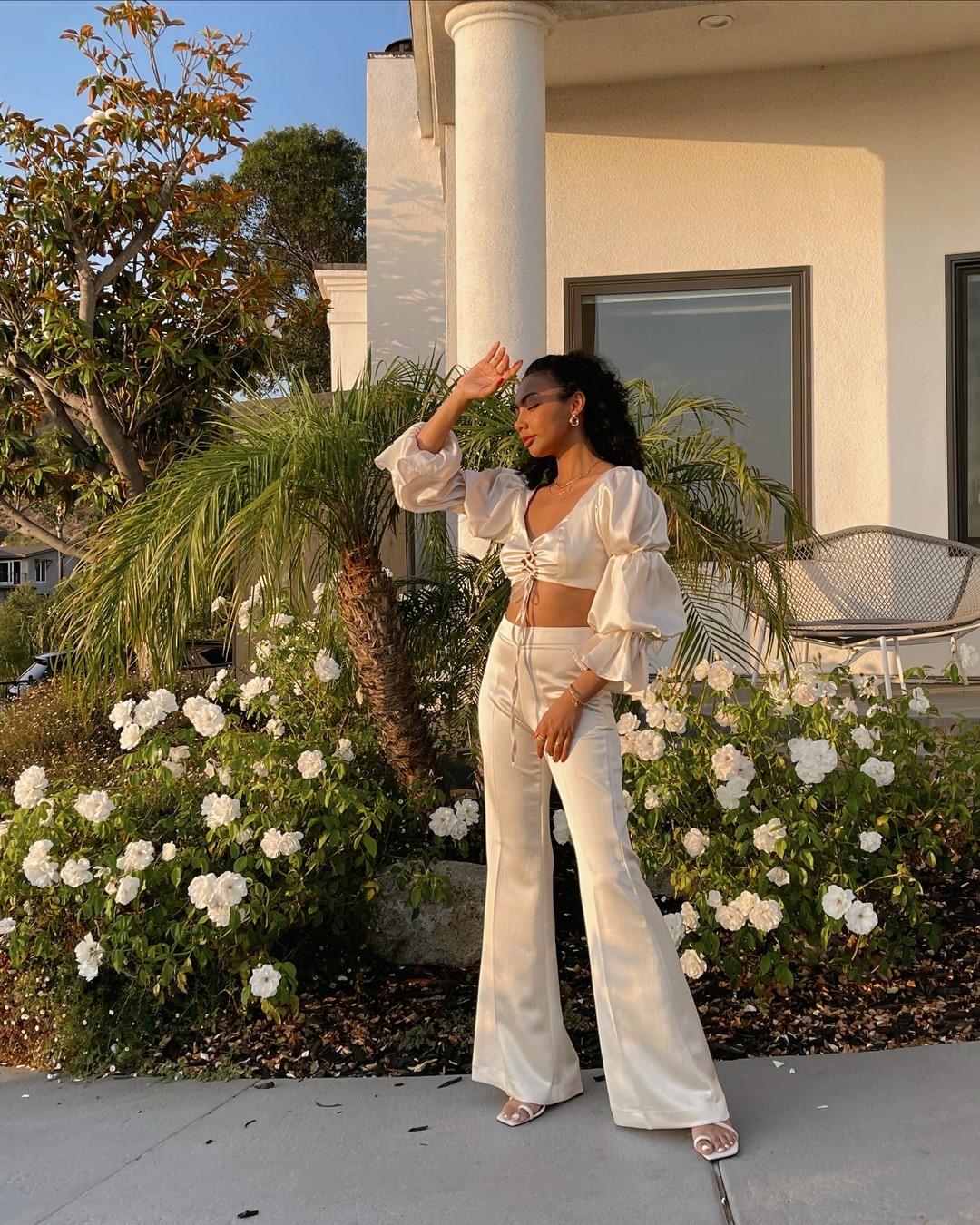
Fashion has a long-standing history of being exclusive rather than inclusive. What ways do you think allies in the fashion industry show up for the Filipino American community?
It's interesting we obviously know how exclusive the fashion industry is and has been just in general. But it's been even more exclusive for women of color, even more exclusive for Asian women, and even more exclusive for brown Southeast Asian women. There are just not many opportunities out there for us, and some of our communities lack the necessary resources simply because of our or our parents' immigration stories. However, one thing about Filipinos is that we are resilient, so we always show up in spaces that weren't meant for us, and we create space for ourselves.
When you envision the future of the fashion (or even beauty) industry, what does it look like? What does a more inclusive industry mean to you?
I envision a future where casting directors don't choose a token minority to appear in a campaign and think that's enough. I envision a future where people of color are able to authentically share through stories without them first being filtered through and diluted by higher-ups. I envision a future where Black models don't have to do their own hair for a fashion show because the makeup artists that were hired didn't know how to style Black hair. I envision a future where there are BIPOC, women, NB, and LGBTQ+ folks behind and in front of the camera, being paid and treated fairly and equally.
What role has your identity played in informing your personal style?
I am a Black & Indigenous Filipino military brat, so I grew up in many different cultures and environments. Every single place that I've lived had some sort of impact on my personal style. My racial and ethnic identity has made a huge impact on my personal style. I like taking elements from both of my cultures and playing around with them. Fashion is supposed to be a way to express yourself, right? I like to express myself and my identity through my clothing. One time on a red carpet, I wore a pasiking, a basket weave backpack that Igorots used to wear. I was so excited to bring that element of my culture onto a red carpet.
I also love '70s fashion, and that definitely informs my current style. My dad grew up in the '70s, and as a result, I grew up with the disco-era of Black culture in my household. Nineties-seventies Black culture and fashion was my favorite era: bell bottoms, gold jewelry, afros. Lots of elements from the '70s started trending as a result of the Black Power Movement. Years after the Civil Rights Movement, Black activists found that wearing their hair the way it grew out of their heads was empowering. This whole era of fashion stemmed from this movement. These different elements than found their way to pop culture, [and] then into my closet.
As someone prominent on social media, do you feel it's necessary to use your platform to speak up? Do you find yourself sometimes having to educate your followers on your background? If so, how does that feel?
To me, an "influencer" is a useless title unless you are influencing culture and/or positive change. Being an influencer, to me, means more than influencing people to buy things. I don't want to have a platform if I'm not going to use it. It would be useless to me to have this audience and not try to bring awareness to certain issues or advance social change.
Indigenous communities are the most marginalized in the world. We are the most underrepresented in media and politics, and it's sometimes difficult to have our voices heard. What better way to amplify indigenous voices and stories than to use my platform? We are in a golden age of storytelling. When I was younger, the only way to have your voice heard is if you were on TV or in a magazine. Now, we don't have all these barriers to entry. The gatekeepers of storytelling aren't studio executives anymore. We can literally tell our own stories with the click of a button (or the tap of a screen). This is a really exciting moment. And I plan to take full advantage of it.
What obligations, if at all, do you feel fashion creators have to use their platforms to support and uplift marginalized communities?
I do think fashion creators or anyone with a platform has a responsibility to support and uplift marginalized communities. Are you hiring people from marginalized communities? Are you supporting their work? Are you promoting their work? Take a look around you. Look at the people you follow on social media. Do they look exactly like you? Do they think like you? Come from the same background? In the age of social media, I don't think there's really an excuse to stay ignorant of cultures or people that are different from you. Expand. Diversify.
With that being said, I don't think fashion creators should use their platforms in this way just because they feel like they have to or they think it'll look good for their brand. It should always come from a place of authenticity. In this case, I don't think creators should use their platforms in this way. Some people truly do not care about social issues. I do think that apathy comes from a place of privilege, but it's still better to allow them to not care than to have an industry full of phonies looking to improve their brand or make more money. This hurts marginalized creators even more.
Are there any Filipino American businesses or creators that you like to support? Are there any Asian American brands you’d like to share with WWW readers?
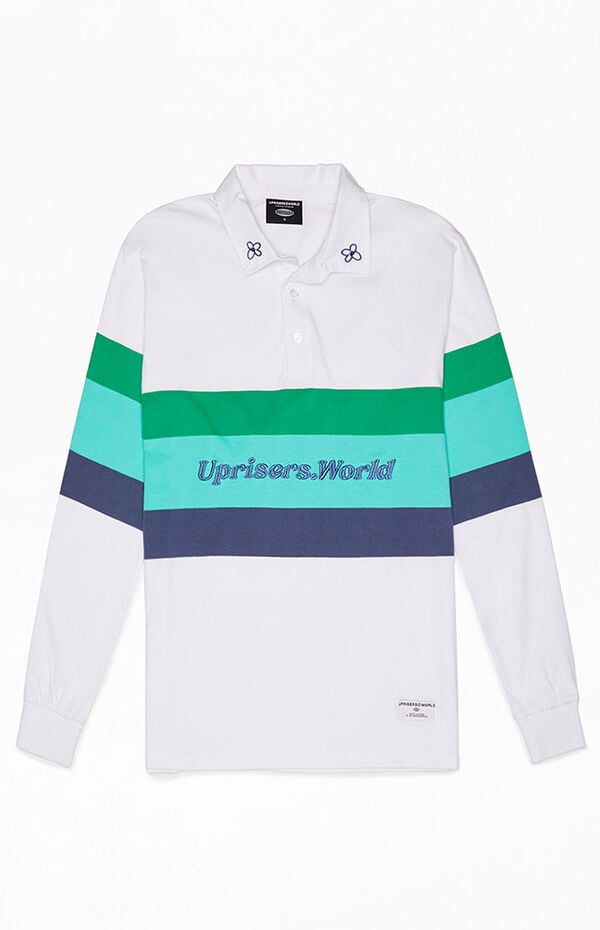
Uprisers (@weareuprisers) is a community-driven streetwear brand based in Los Angeles. The founder's name is Michelle Hanabusa, and she is Japanese American. I love this brand because it was created with the intention of advancing social change. They believe that you wear what you represent. This brand totally aligns with the work that I do online.
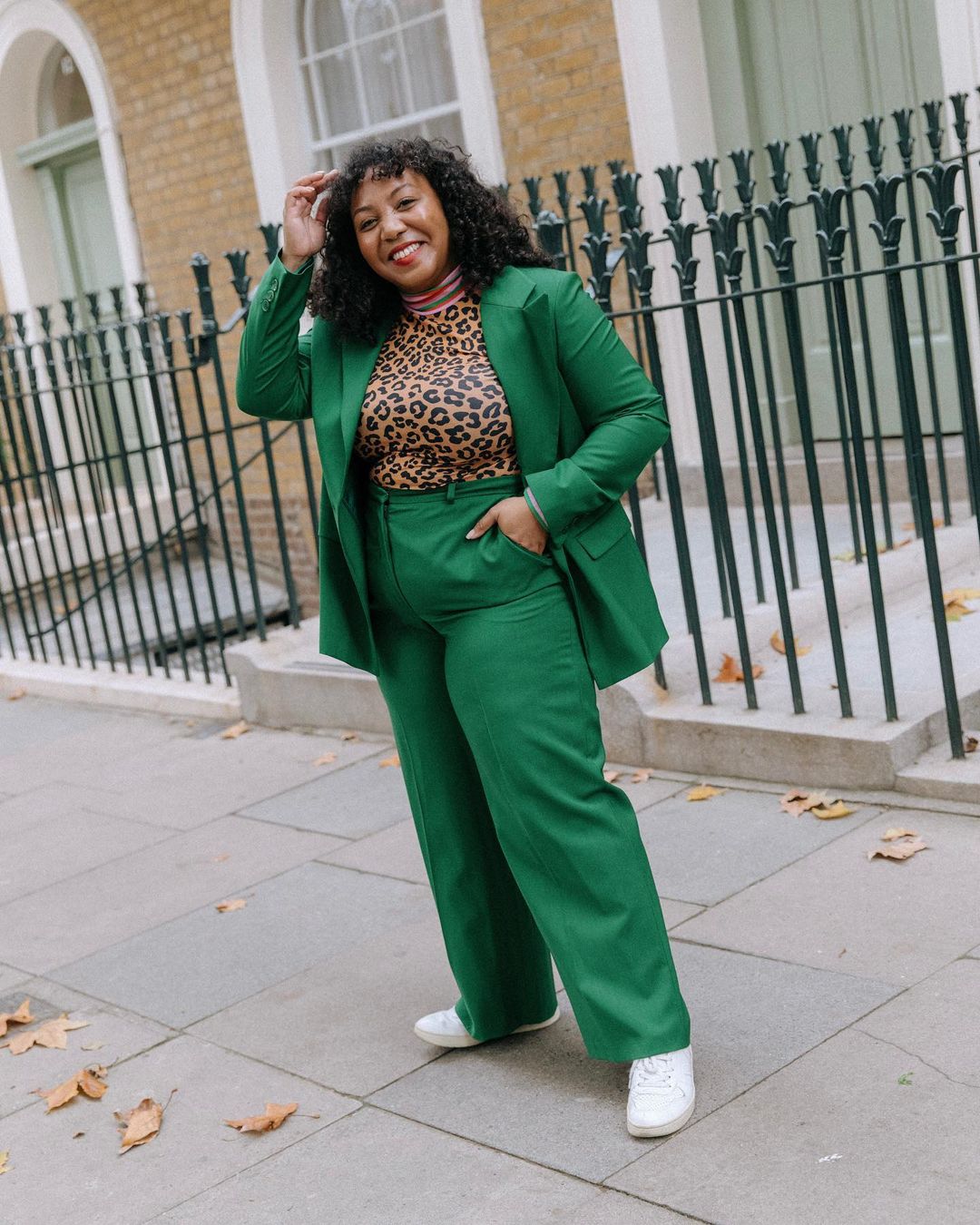
Nicole Ocran is a fellow Black Filipino fashion creator who is one half of the hosts for a podcast called Mixed Up, an award-winning podcast on identity and race through the lens of the mixed-race experience. The conversations she has on her podcast are so important and validating. Not to mention that she's also a plus-size fashion creator. I get my daily dose of color from her Instagram feed.
This story was originally published at an earlier date and has since been updated.
Next up: 19 Game-Changing Asian Designers Making Waves in Fashion
After interning at Who What Wear in 2019, Yusra Siddiqui found her way to the team after graduating with a fashion media degree. She's also spent time writing and working for publications such as Fashionista, Coveteur, Nylon, and Allure. When she's on the job, she's perusing runway shows, analyzing the latest social media trends, and diving deep into all things Gen Z-related.
